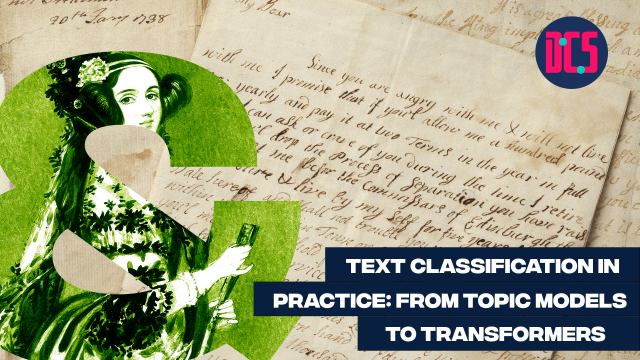Intro to Statistic and Descriptive Statistics

This is the first workshop of the statistics series.
This intermediate training will focus on developing practical skills for statistical data analysis in R. A basic understanding of R is assumed. No prior experience with statistical analysis is required. The Tidyverse package should be downloaded and installed before the workshop.
The session will begin with a theoretical overview of statistics, including:
-
What statistics can and can’t do
-
Descriptive and Inferential Statistics
The second half will be more practical, with an opportunity for guided hands-on manipulation and analysis of example data, covering additional topics such as:
-
Different data types and statistics
-
Visualising statistical data
The workshop will help to develop an understanding of basic statistical analysis, and how it can be used in R. Crucially, this will foster familiarity with the principles of statistical analysis and the capabilities of the software, allowing attendees to confidently apply these, or indeed seek out new, concepts for their own and future research.
This is an intermediate-level workshop. Intermediate sessions explore specific aspects of the method (libraries, tools etc.) and offer a more in-depth understanding of the course topics, without introducing the basics. Some previous knowledge of R is required to be able to follow the content. If you need to familiarise yourself with R and R studio you can attend the Introduction to R and R Studio course.
After taking part in this event, you may decide that you need some further help in applying what you have learnt to your research. If so, you can book a Data Surgery meeting with one of our training fellows.
More details about Data Surgeries.
Those who have registered to take part will receive an email with full details and a link to join the session in advance of the start time.
If you’re new to this training event format, or to CDCS training events in general, read more on what to expect from CDCS training. Here you will also find details of our cancellation and no-show policy, which applies to this event.
In the following workshops of the statistics series, we are going to cover:
Return to the Training Homepage to see other available events.












